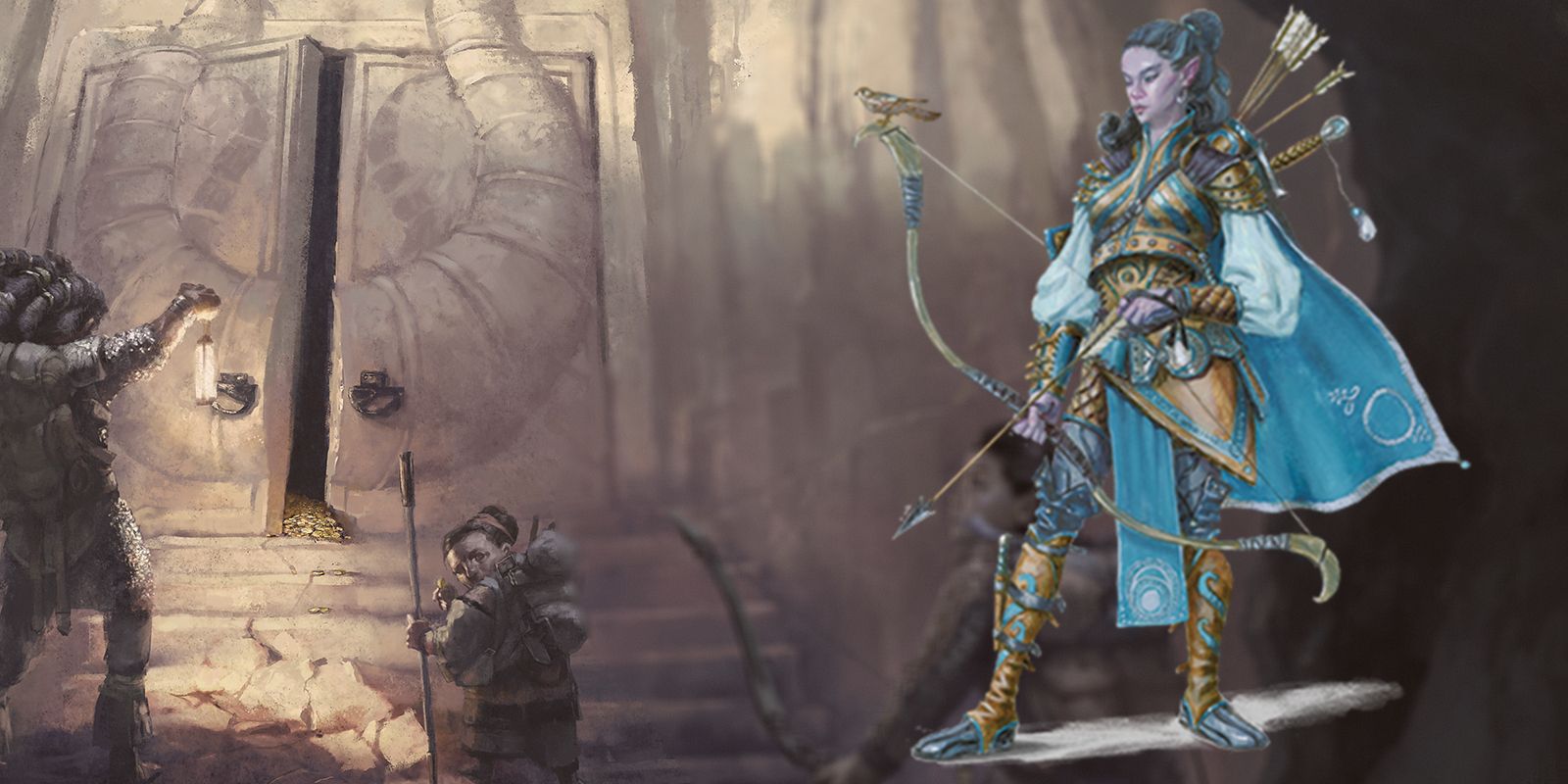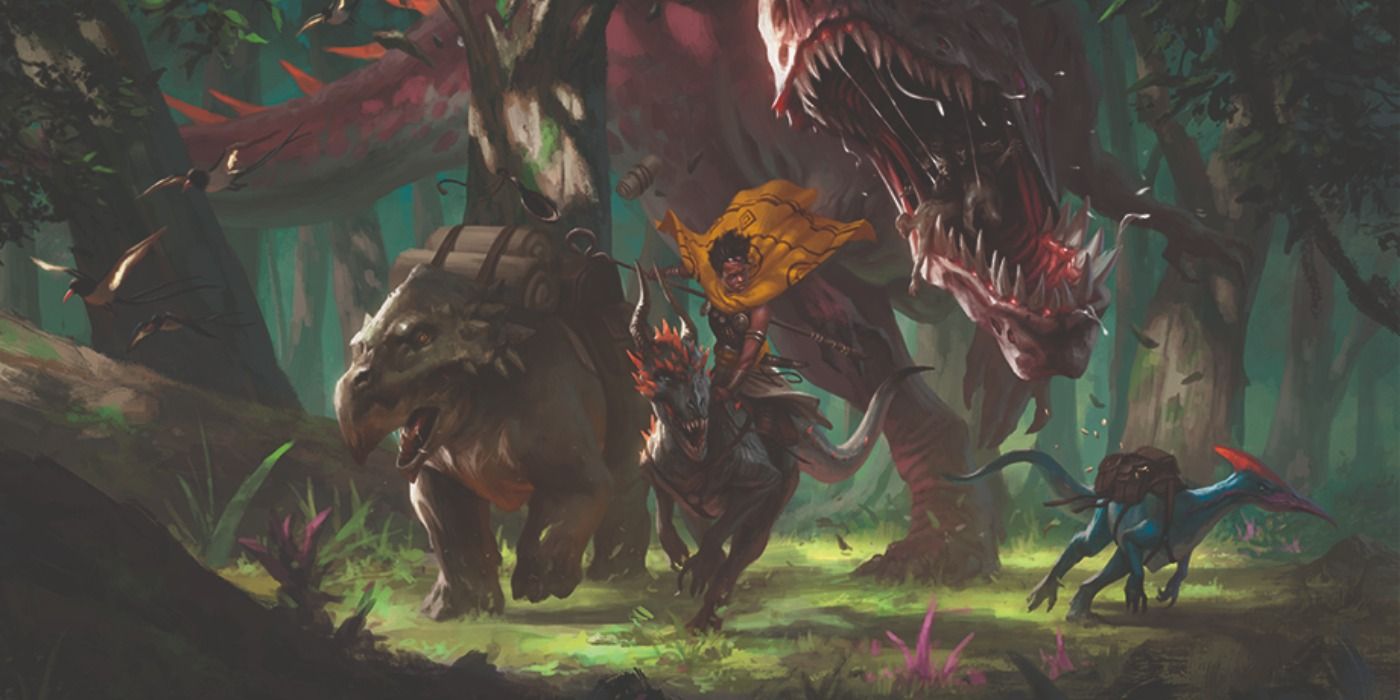
Although Dungeons & Dragons' many rules may seem complicated at first, most of them become second nature after a few sessions of play. While most of these rules are core to the experience and make the game fun, some are less necessary and can at times slow down a campaign. It's no surprise that players (and some DMs) either forget or purposefully ignore certain D&D rules that are either tedious or make the game more difficult.
Dungeons & Dragons offers comprehensive rules when it comes to how much a character can carry, also known as their encumbrance. The amount a character can carry depends on their Strength score, and players are expected to keep track of everything they have with them so that they do not exceed what their character can handle. Since there is a lot to keep track of in D&D, character weight can often fall to the wayside for players, and most DMs end up being pretty generous with what is allowed. Unless a character tries to carry a dozen Great Axes or a giant boulder, encumbrance is pretty regularly ignored.
Lifestyle expenses aren't always a top priority for Dungeons & Dragons players, but they are still important. Players can select their character's quality of life during a campaign, and in turn must spend a certain amount per day in order to maintain it. This is especially important during downtime in D&D, since it can span a long period of time and could end up costing the player's character a lot of gold. People understandably fail to take lifestyle expenses into account during most campaigns, and with so much else to spend their money on, it's totally understandable.

Darkness is a really important mechanic in Dungeons & Dragons, but it's no surprise that it's occasionally forgotten by players. Many of D&D's races are equipped with Darkvision, and there are other means to see through the dark - like with the Eldritch Invocation Devil's Sight. Despite these many ways around it, being able to see in dark locations is important both in and out of combat, and players should be careful to remain aware of what their character can see during play.
One of the rules D&D players most often like to avoid, whether accidental or not, is the movement penalty characters suffer for moving through difficult terrain. When trudging through areas such as a dense forest, a character's movement is essentially cut in half, as each foot of movement costs an extra foot. This can be overcome if there is a Ranger in the party, since their natural Explorer feature helps the group to negate this. Although it is up to the DM to indicate when the characters are in difficult terrain, players should make sure to take this penalty into account instead of letting it slip their mind.
With so many rules to keep in mind, it is natural for D&D players to either forget or intentionally ignore a few. Players and their Dungeon Masters should communicate often so that they can collectively choose to phase out rules they don't feel fit well in their Dungeons & Dragons campaign.
No comments:
Post a Comment